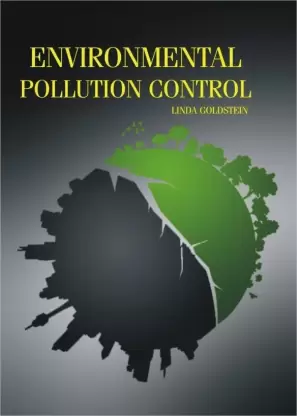Our goal is to reduce our energy usage through increased staff knowledge, process and facility improvements, as well as the creation of energy-saving programs. Oil Capitol Storage operates its offices, facilities, locations, vessels, and other equipment using direct and indirect energy sources. Natural gas, heating oil, and fuel used to run our pumps, boilers, owned bunker ships, operational vehicles, and road tankers are all examples of direct energy use. The computers in our offices around the world, as well as the product pumps, lights at our tank terminals, hydrant systems, and illumination at our aviation fuelling locations, all use indirect energy, primarily electricity. Other indirect sources of energy that we use include district heating and, to a lesser extent, imported steam..
Environmental Protection

Environmental Protection
Our actions have both direct and indirect effects on the environment. Thus, we wish to take every possible step to present ourselves as an environmentally friendly firm in our business operations—a company that has as little influence as possible on the environment.
Environmental preservation is given top importance in all of our commercial endeavours. Yet, there is a chance of spillage when transporting and storing chemicals and petroleum products. It is our duty to greatly limit this danger by putting preventive safety measures in place. Our locations also produce airborne pollutants, garbage, and wastewater in addition to using energy, water, a variety of raw materials, and building materials.
Energy Efficiency
Management of Resources
In all we do, environmental stewardship is a top priority. In this regard, we yearly assess world consumption and are dedicated to the effective use of all resources. We encourage all of our staff to generate as little waste and wastewater as they can. The “4 Rs” — reduce, reuse, recycle, and recover — serve as the cornerstone of our approach to managing waste and wastewater. Water is a valuable resource, and its importance is made even more clear by climate change and the droughts it has caused, particularly in the world’s poorest nations.
To limit our detrimental effects on the water quality and to effectively utilise the water needed for our operational operations is vital to us. Yet, in general, our activities don’t necessitate a lot of water intake. Besides fresh water usage in the sanitary facilities in the offices, water is largely used at our tank terminals for cleaning tanks, hydrostatic tank testing and heating items. Since there is a high demand for water inside, we have incorporated water management into the Energy Saving Program to reduce water consumption. We are also looking at the possibilities of using recycled cleaning or cooling water in place of the drinking water now used for industrial purposes.
